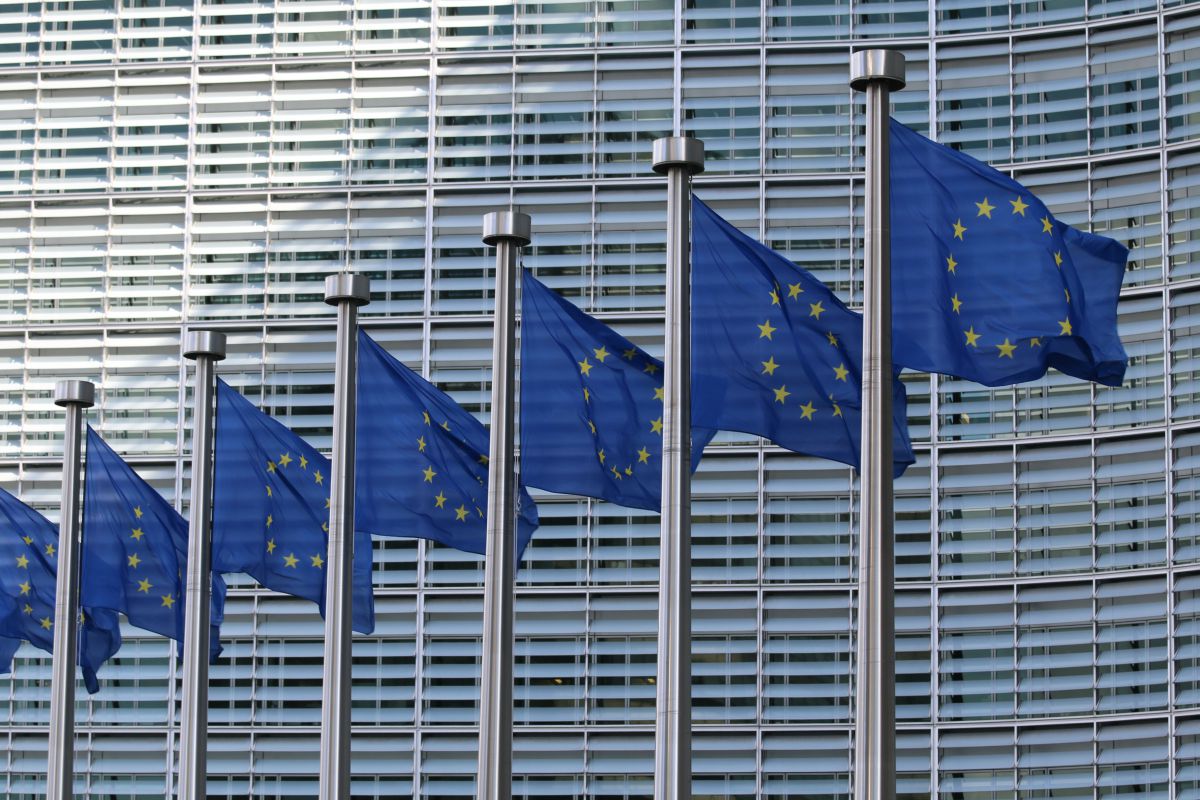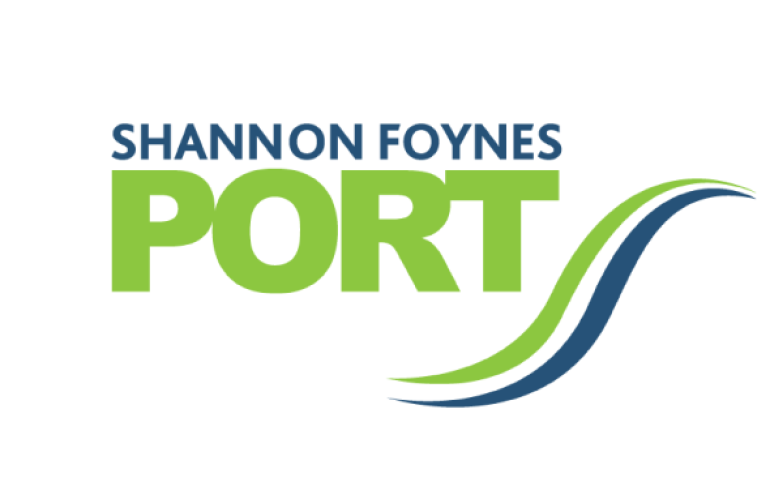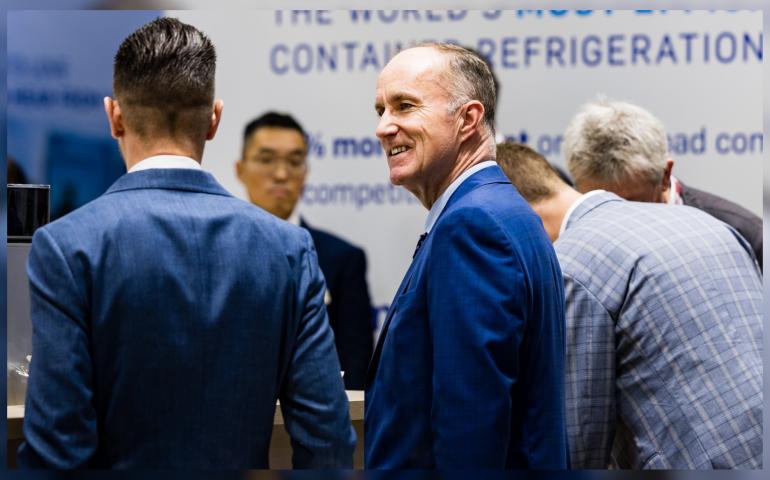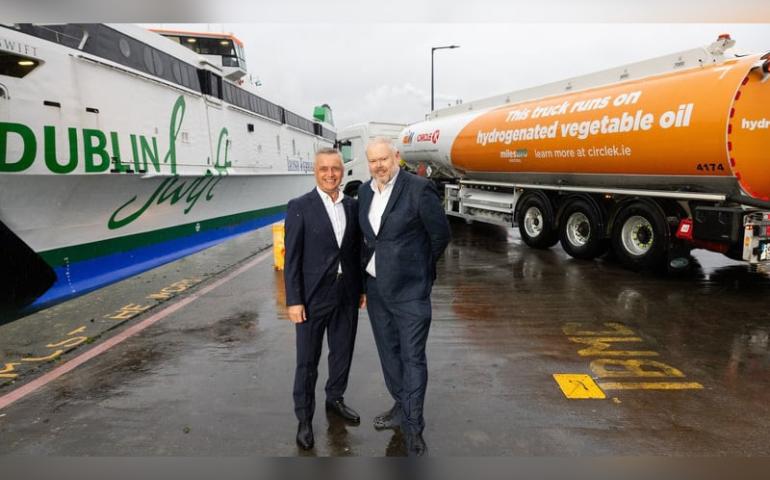€352 million in EU funding for low-and zero-emission transport projects
Fri, 10/06/2023 - 18:56 /The European Commission has announced the 26 projects from 12 Member States that will receive funding to install alternative fuels infrastructure along the trans-European transport network (TEN-T). The funding totals some €352 million in EU grants from the Alternative Fuels Infrastructure Facility (AFIF), under the umbrella of Connecting Europe Facility, with additional capital from financial institutions to increase the impact of investment.
About the projects
These projects will accelerate the creation of the comprehensive network of alternative refuelling infrastructure needed for the widespread use of low-and zero-emission vehicles in all transport modes. Today’s decision is the second AFIF funding round of 2023; back in March 2023, €189 million was awarded. The aforementioned 26 projects to receive funding were announced on 11 September 2023.
Commissioner for Transport Adina Vălean said: "The numerous applications for AFIF funding received underline the transport industry’s interest in pushing ahead with the switch to more sustainable transport – on roads, in the sky and at sea. Our investment of €352 million will translate into approximately 12,000 charging points, 18 hydrogen refuelling stations, and the electrification of ports and airports, including the port of Rotterdam and 37 Spanish airports."
Trans-European Transport Network
The EU’s trans-European transport network policy, the TEN-T policy, is a key instrument for the development of coherent, efficient, multimodal, and high-quality transport infrastructure across the EU. It comprises railways, inland waterways, short sea shipping routes and roads linking urban nodes, maritime and inland ports, airports and terminals.
It fosters the efficient transportation of people and goods, ensures access to jobs and services, and enables trade and economic growth. It strengthens the EU’s economic, social and territorial cohesion and creates seamless transport systems across borders, without physical gaps, bottlenecks or missing links. It also aims to reduce the environmental impact of transport and to increase the safety and the resilience of the network.
The TEN-T policy is based on Regulation (EU) No 1315/2013. This Regulation is currently being revised in order to make the network greener, more efficient and more resilient, in line with the European Green Deal and the Sustainable and Smart Mobility Strategy. Those interested can find more information on the official page here.
Connecting Europe Facility
Meanwhile, the Connecting Europe Facility (CEF) is the EU funding instrument for strategic investment in transport, energy and digital infrastructure. In the transport sector, CEF is dedicated to the implementation of the TEN-T and aims at supporting investments in cross-border connections, missing links as well as promoting sustainability and digitalisation.
During the period 2014-2019, CEF Transport has awarded EUR 23.3 billion in grants to co-finance projects of common interest, out of which EUR 11.3 billion was transferred from the Cohesion Fund.
The European Climate, Infrastructure and Environment Executive Agency (CINEA) manages the technical and financial implementation of parts of the CEF Programme, Horizon 2020 and previous programmes (TEN-T 2007-2013, Marco Polo). Those interested can find more information on the official page here.
Text and PR can be found on the European Commission website.






